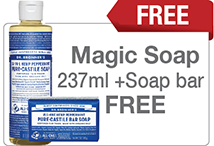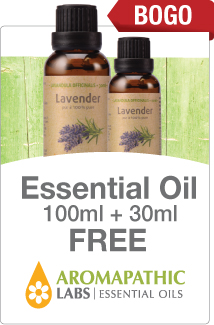Phenylallanine
Updated Aug. 21st, 2019
The amino acids that the body cannot produce, and need to be taken in through the diet, are called essential. Phenylalanine is one of these amino acids. Phenylalanine crosses the blood-brain barrier and is a precursor to the production of many brain chemicals, including dopamine and norepinephrine and hormones, including thyroid hormone and melanin (for skin pigmentation).
Dopamine deficiency leads to the disease called Parkinson’s because the brain is unable to stop unwanted movement. Dopamine also regulates mood and appetite. Norepinephrine promotes alertness.
Thyroid hormone sets the body’s metabolic rate thus influencing energy, mood, appetite, temperature and weight. Melanin deposits skin pigment and is deficient in the disease called vitiligo. Phenylalanine is also involved in the production of brain chemicals that regulate blood pressure, fluid balance, pain, and fat metabolism. Phenylalanine can be supplemented for the following conditions: depression, schizophrenia, pain, vitiligo, Parkinson’s disease, PMS, obesity, arthritis and menstrual cramps.
The biologically active forms of phenylalanine are D, DL and L-phenylalanine. They are commonly found in capsules. D- phenylalanine is a painkiller. L-phenylalanine makes proteins and brain chemicals. DL-phenylalanine does both. Aspartame contains phenylalanine and aspartic acid. Take amino acid supplements at least 1/2 hour before or after a meal to maximize their absorption. If you take an individual amino acid supplement for longer than one month, add an amino acid complex to the protocol to prevent the deficiency of other amino acids.
The amino acids leucine, isoleucine, and valine compete with phenylalanine for absorption. Individuals with hyperactivity, phenylketonuria, migraines, anxiety, diabetes, high blood pressure, pigmented melanoma and pregnant women should not use phenylalanine.






















